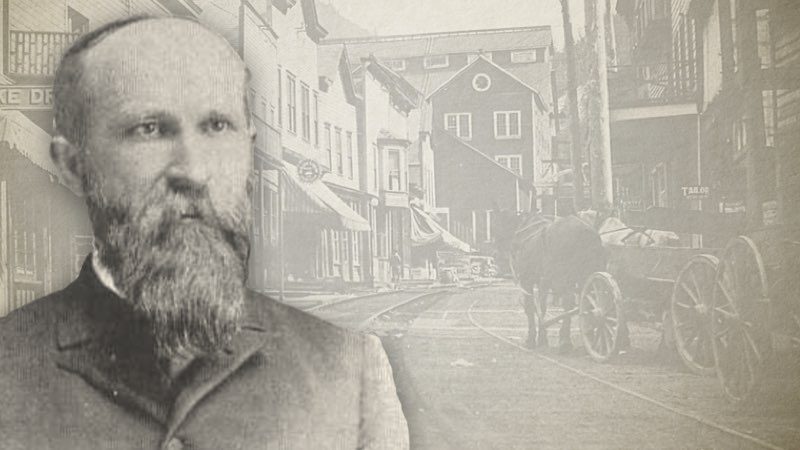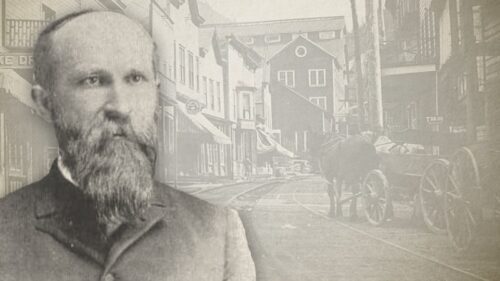J. A. Shakelford
Author of the “Compendium Of Baptist History”. Please inform the Editor of the AHB (via the Contact page) if you have biographical information on this author. Thank you.
Shackelford on Baptist History (Complete)
-
Chapter 18: Baptists in America
The origin of the Baptists in America is not traceable to any one man or set of men. They came here singly and in groups. By comparing their articles of faith a unity of doctrine was discovered and churches were formed. Baptist churches are always formed just in this way. A few individuals, having been previously baptized, and holding membership in some Baptist church, come together and adopt a church covenant and articles of faith, and are then ready to transact business, such as the election of officers for the church, the reception of members, etc., as did the church of Jerusalem just before the day of Pentecost. It has been charged, but very unjustly, that Roger Williams was the founder of the Baptists in…
-
Chapter 19: Persecutions in America
The Baptists had hardly got settled in America when they begun to experience persecutions similar to those experienced by their ancestors in the old countries. Massachusetts was at this time under the rule of the Massachusetts Bay Colony, and the Congregationalists, or Puritans, as they were generally termed, were established by law. In the year 1664, an act was passed containing the following clause: "It is ordered and agreed, that if any person or persons, within this jurisdiction, shall either openly condemn or oppose the baptizing of infants, or go about secretly to seduce others from the approbation or use thereof, or shall purposely depart the congregation at the ministration of the ordinance after due time and means of conviction—every such person or persons shall…
-
Chapter 20. Baptists and Religious Liberty
Baptists have always been advocates of religious liberty. This constitutes one of their fundamental principles. They have always claimed the right for themselves, and others, to worship God according to their understanding of His word. They have always opposed a union of church and State, and have refused to accept any legislation in religious matters for themselves, and have opposed it for others. Mr. Orchard, in writing of the Baptists of Germany at the close of the fifteenth century, says: "But amidst all the sectaries of religion, and teachers of the gospel in Germany at this time, the Baptists best understood the doctrine of religious liberty; to them, therefore, the peasants turned their eyes for counsel; and to their immortal honor be it recorded, that…
-
Chapter 21: Church Succession
We have traced the Baptists by their principles, and have found them existing, under different names, but holding to the same doctrines, from the days of the apostles to the present time. It is not necessary for the preservation of their history, to show a continuation of churches during all this time, for the principles which characterize these people could not have been perpetuated without existing organizations at the same time. One of the most important principles of Baptists is the belief that a church of Christ is a body of believers, convened together in covenant relations, for the objects and ends to be attained by the gospel of Christ. We have seen that the word ekklesia, which is translated church, conveys the two-fold idea…
-
Chapter 22: Branches of the Roman Catholic Church
It is often stated by ministers of other denominations that the Baptists are a branch of the church of Christ. It has been clearly shown that they have never affiliated with Rome. They have always rejected her baptisms and ordinations. The Catholics themselves admit that the Baptists are the only people with whom they have any fight to make. Nearly all other denominations trace their origin to the Catholic church, and most of them are traceable to the Roman Catholic church. If these organizations are branches of the church of Christ, then it follows, as surely as effect follows cause, that the Catholic church is the church of Christ. It may be answered that many persons have, according to our history, been coming out of…


